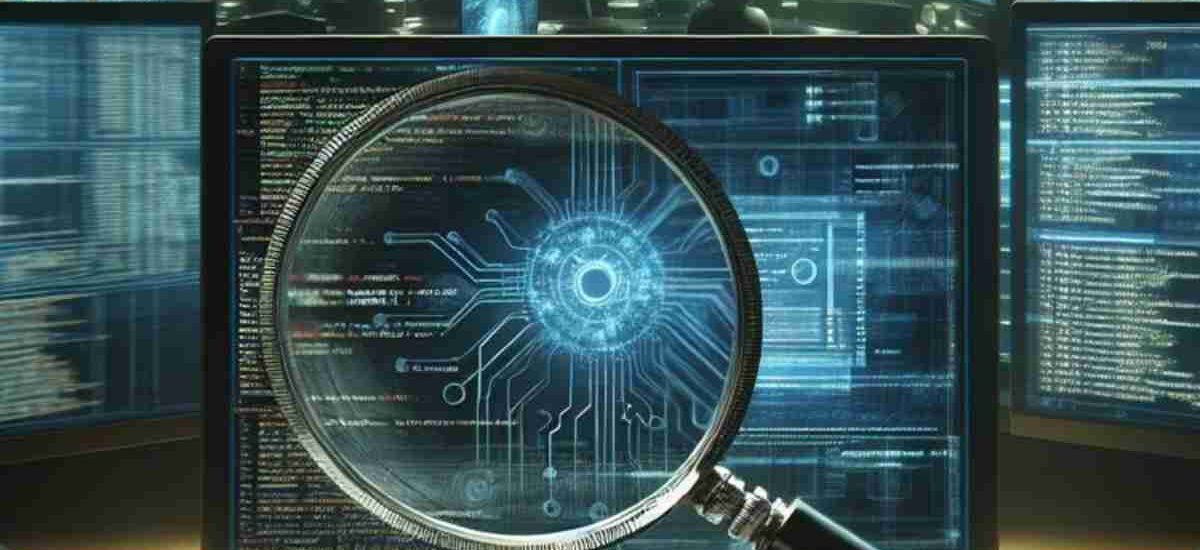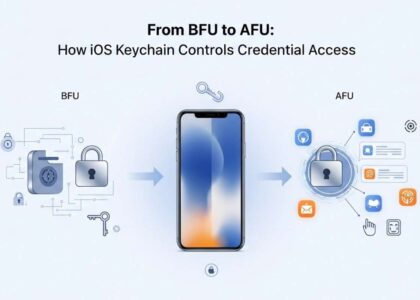Digital forensics is a crucial field in cybersecurity, enabling experts to analyze digital evidence and uncover cybercrimes. Whether you’re investigating cyber fraud, data breaches, or insider threats, having the right forensic tools can make all the difference. In this guide, we’ll explore some of the best forensic tools used by professionals, their functionalities, and how they aid in digital investigations.
Digital Forensic Tools are:-
1. Volatility
Volatility is an open-source memory forensics tool used to extract valuable data from RAM images. It helps investigators analyze running processes, network connections, and malware injections, making it essential for incident response and cyber intrusion analysis.
2. Autopsy
Autopsy is a digital forensic tool that provides an easy-to-use interface for investigating hard drives and mobile devices. It supports file recovery, timeline analysis, and keyword searching, making it an essential tool for law enforcement and cybersecurity professionals.
3. EnCase
EnCase is a widely used forensic tool known for its disk imaging and evidence analysis capabilities. It allows investigators to preserve digital evidence, conduct in-depth searches, and generate comprehensive forensic reports.
4. OS Forensics
OS Forensics is designed for deep forensic analysis of Windows systems. It enables users to recover deleted files, analyze system artifacts, and detect unauthorized access attempts, making it a powerful tool for forensic investigations.
5. Wireshark
Wireshark is a network packet analyzer that captures and inspects real-time network traffic. It is widely used for network forensics, helping experts identify suspicious connections, detect intrusions, and troubleshoot network security issues.
6. Digital Forensics Framework
Digital Forensics Framework (DFF) is an open-source tool that aids in disk analysis, metadata extraction, and data recovery. It is used by forensic professionals for examining hard drives and reconstructing digital evidence.
7. The Sleuth Kit
The Sleuth Kit (TSK) is a collection of command-line forensic tools that analyze disk images and recover deleted files. It is commonly used with Autopsy for a GUI-based forensic investigation.
8. Bulk Extractor
Bulk Extractor is designed to extract specific types of information, such as email addresses, credit card numbers, and other sensitive data from disk images. It helps automate the scanning process for forensic professionals.
9. CAINE
CAINE (Computer Aided Investigative Environment) is a Linux-based forensic toolkit that provides a live forensic environment. It includes numerous pre-installed forensic tools, making it a preferred choice for disk and memory analysis.
10. Cellebrite UFED
Cellebrite UFED is a mobile forensic tool that enables investigators to extract data from smartphones, even if they are locked or encrypted. It is widely used by law enforcement agencies for digital investigations.
11. FTK Imager
FTK Imager is a powerful forensic imaging tool that allows users to create disk images and analyze them without modifying the original evidence. It is an essential tool for forensic examiners dealing with digital evidence preservation.
12. SANS SIFT
SANS Investigative Forensics Toolkit (SIFT) is a Linux-based platform preloaded with essential forensic tools. It is widely used for memory analysis, file system examination, and log correlation in cybersecurity investigations.
13. Magnet AXIOM
Magnet AXIOM is an advanced digital forensic tool that collects and analyzes data from multiple sources, including computers, cloud storage, and mobile devices. It uses AI-powered analysis to identify relevant evidence quickly.
14. Magnet RAM Capture
Magnet RAM Capture is a forensic tool designed to capture live volatile memory (RAM) from a system. It helps investigators extract running processes, open network connections, and potential malware activities.
15. Password Recovery Tools
Password recovery tools such as John the Ripper, Hashcat, and Passware help forensic experts crack encrypted files and recover lost passwords. These tools use brute force and dictionary attacks to unlock sensitive data.
16. PowerForensics
PowerForensics is a PowerShell-based forensic framework that allows in-depth analysis of Windows disk artifacts. It provides comprehensive NTFS and FAT file system analysis without the need for disk imaging.
17. Registry Recon
Registry Recon specializes in reconstructing and analyzing Windows registry data. It helps forensic investigators recover deleted registry keys and track user activity over time.
18. ForensicMiner
ForensicMiner is a digital forensic tool designed to extract, process, and analyze digital evidence. It is useful for identifying artifacts from disk images and memory dumps.
19. NetworkMiner
NetworkMiner is a passive network forensics tool that captures and analyzes network traffic. It helps forensic professionals detect anomalies, reconstruct sessions, and extract metadata from captured packets.
20. ProDiscover Forensic
ProDiscover Forensic is a digital investigation tool that helps in recovering, analyzing, and preserving digital evidence. It allows forensic experts to examine disk images and detect unauthorized access attempts.
21. Redline
Redline is a free forensic tool that provides memory and file analysis capabilities. It helps investigators detect malware, analyze process behavior, and identify security breaches on compromised systems.
22. FTK (Forensic Toolkit)
FTK (Forensic Toolkit) is a comprehensive digital forensic suite that allows investigators to process large amounts of digital evidence. It supports file carving, email analysis, and keyword searches across multiple devices.
23. LastActivityView
LastActivityView is a lightweight forensic tool that records recent user activity on a computer. It helps forensic analysts track user sessions, installed applications, and opened files for digital investigations.
24. MailXaminer
MailXaminer is an email forensic tool that helps analyze email headers, recover deleted messages, and detect fraudulent emails. It supports various email formats and is widely used in cyber investigations.
Conclusion
Forensic tools play a vital role in digital investigations, helping cybersecurity professionals analyze evidence, track cybercriminals, and ensure data integrity. Whether you need to analyze memory, examine disk images, or recover deleted files, the tools listed above provide comprehensive solutions for forensic investigations.






